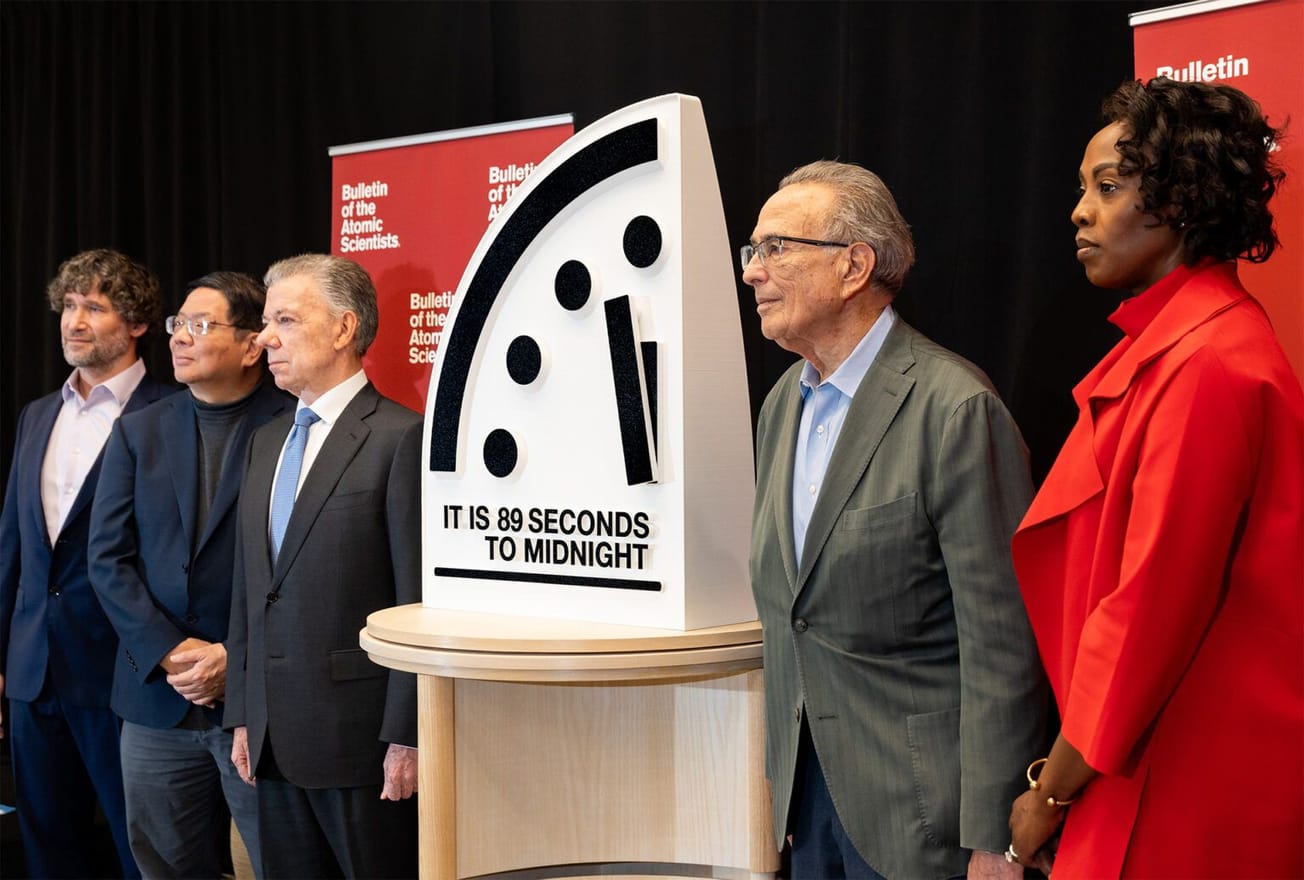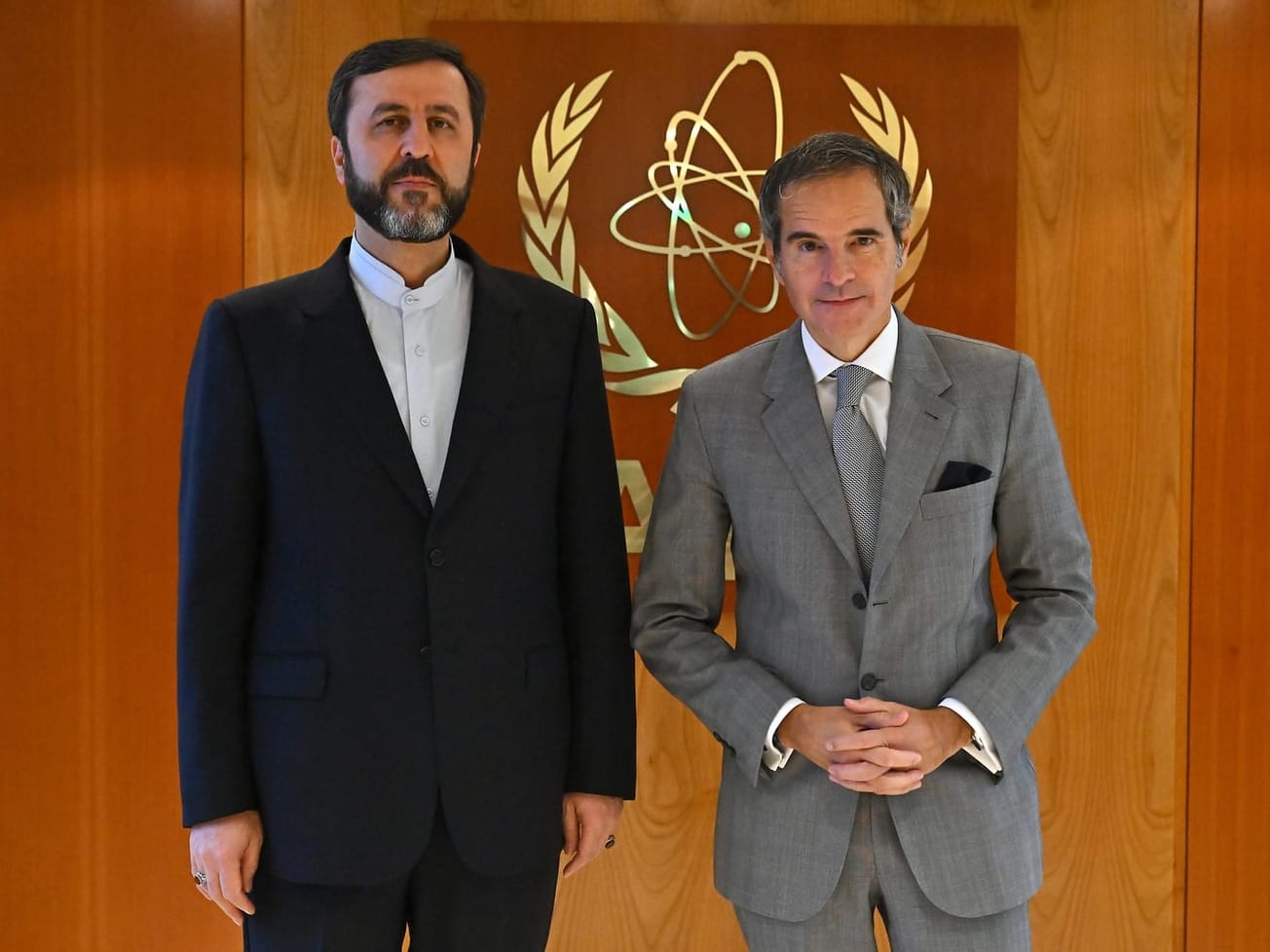GENEVA (AN) — Iran and the so-called E3 – Britain and France, both permanent members of the U.N. Security Council, plus Germany – met in an undisclosed location in Geneva for a round of nuclear talks ahead of former U.S. President Donald Trump's return to the White House.
The meeting on Friday provided "another round of candid discussions" among the four countries' political directors, Iranian Deputy Foreign Minister Kazem Gharibabadi said.









